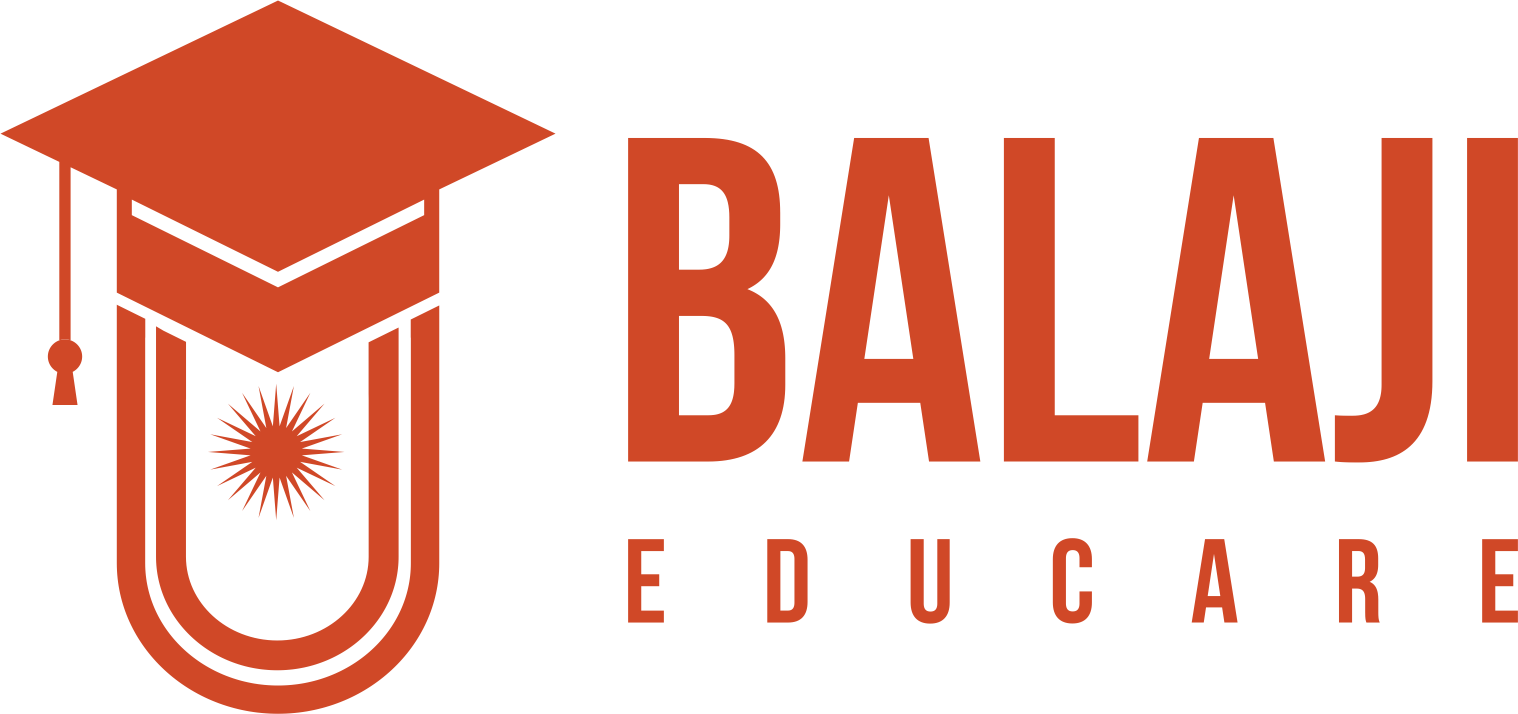CFA Ethics Standards 2025: Stronger Focus on Transparency and Professionalism
Ethics has always been the cornerstone of the CFA Program, and in 2025, the CFA Institute introduced meaningful updates to its Code of Ethics and Standards of Professional Conduct. These changes ensure that candidates and future charterholders are aligned with modern professional expectations in an increasingly complex financial world.
Among the most important updates is Standard I (Professionalism), which now explicitly highlights the need for professionals to “maintain the competence necessary” for their role. This ensures that competence is not seen as optional, but as a continuous professional duty.
Standard V(B) has also been revised to enhance disclosure requirements. Professionals must now go beyond simply declaring services—they must clearly disclose the nature, scope, and costs of services to ensure clients make fully informed decisions.
Additionally, Standard VI(A) has been renamed “Avoid or Disclose Conflicts”, reinforcing the obligation to prioritize transparency in client relationships.
These updates apply consistently across Levels I, II, and III, with Ethics readings covering the Code of Ethics, detailed guidance for Standards I–VII, and practical applications.
By refining its ethical framework, the CFA Institute is addressing challenges that professionals face in areas such as ESG investing, cross-border advisory, and digital financial services. The changes highlight that technical knowledge must always be accompanied by ethical judgment.Ultimately, these revisions strengthen the CFA Program’s role in shaping finance professionals who are not only highly skilled but also trusted stewards of client capital.

